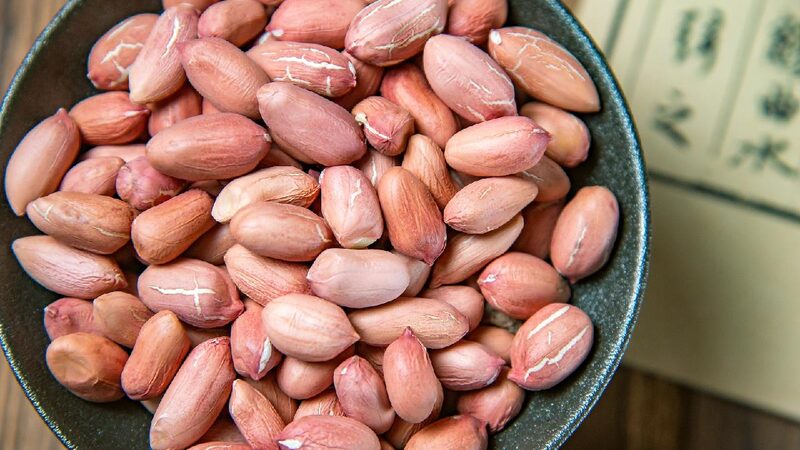Mexico City — Mexico has passed a groundbreaking constitutional amendment to protect its native corn species by banning the planting of genetically modified (GMO) corn seeds. The decision aims to preserve the rich biodiversity of Mexican corn and assert the nation’s food sovereignty.
The amendment, hailed by environmentalists and indigenous communities, prohibits the cultivation of GMO corn seeds, which predominantly originate from the United States. Supporters believe this move will safeguard the genetic heritage of native corn varieties that have been cultivated in Mexico for thousands of years.
“This is a significant step toward protecting our ancestral corn and supporting small-scale farmers,” said Ana López, an agricultural expert in Mexico City. “It reinforces the importance of biodiversity and the rights of indigenous communities who depend on native maize.”
However, the ban may have far-reaching implications for agriculture and trade between Mexico and the U.S. Some experts caution that it could lead to tensions with international trade partners and affect the supply chain for products that rely on corn.
“We need to balance environmental concerns with economic realities,” noted José Martínez, a trade analyst. “While protecting native species is crucial, we must also consider the impacts on farmers and international agreements.”
The Mexican government asserts that the amendment is a move toward greater food sovereignty, reducing reliance on foreign biotech seeds, and promoting sustainable agricultural practices.
The ban reflects a growing global conversation about genetically modified crops and their effects on health, the environment, and traditional farming practices. For Mexico, the birthplace of maize, the amendment is a statement about identity and the preservation of cultural heritage.
“Our corn is more than just a crop; it’s a symbol of who we are,” said María González, a maize farmer from Oaxaca. “This decision honors our ancestors and protects our future.”
Reference(s):
Mexico bans planting GMO corn seeds to protect native species
cgtn.com







